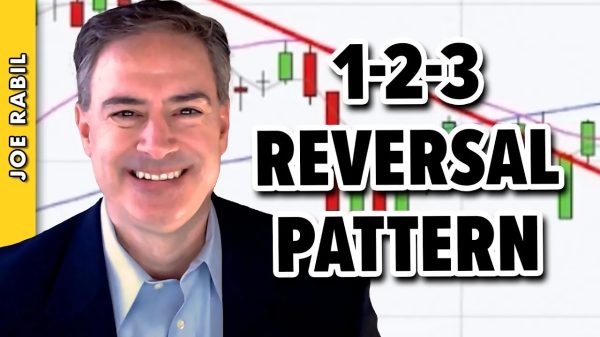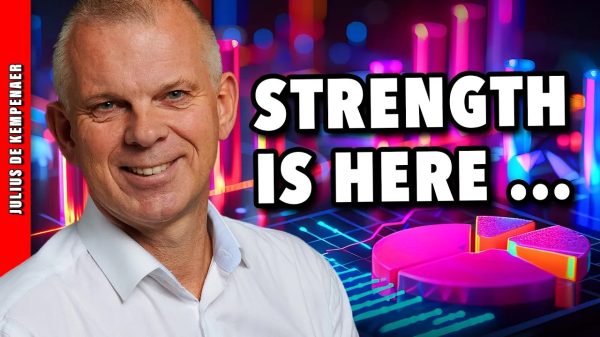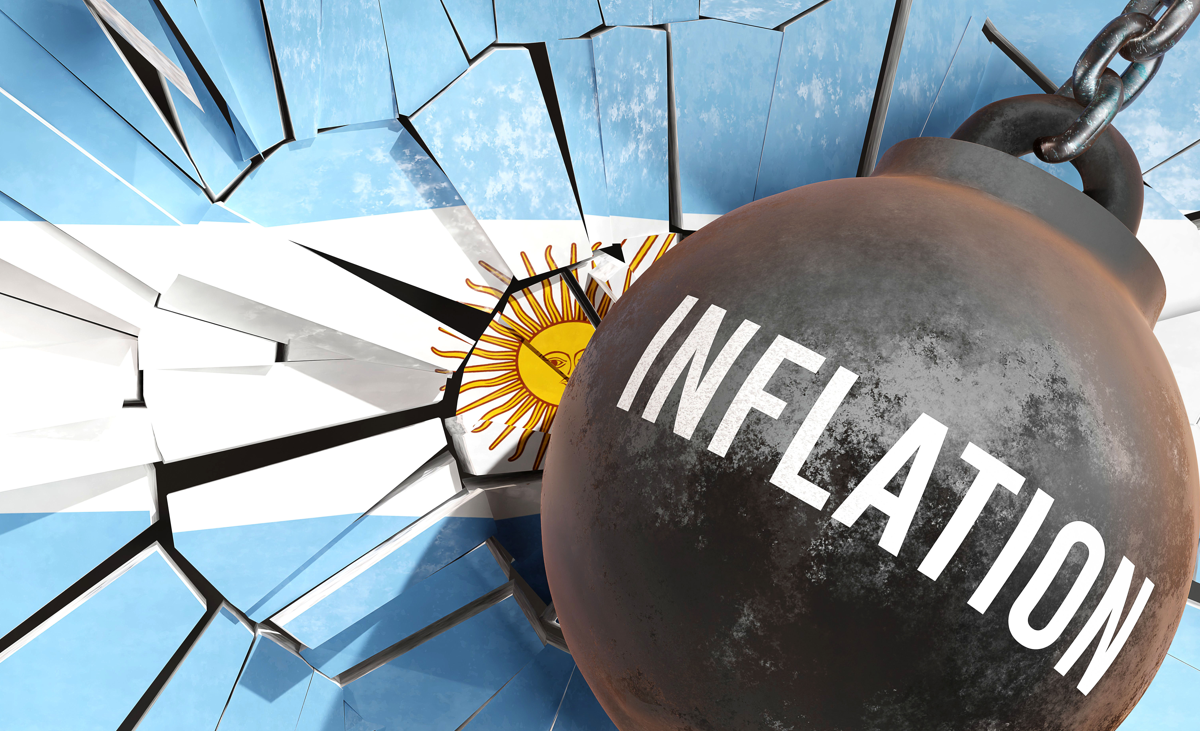The monumental fiscal and monetary hole that Peronists Massa and Fernández have left for Javier Milei is difficult to replicate. Ex-president Mauricio Macri himself explained that the inheritance Milei receives is “worse” than the one he found from Cristina Fernández de Kirchner. Peronism leaves a country in ruins and with a massive time bomb for the next administration.
The enormous economic problems of Argentina start with a primary fiscal deficit of 3% of GDP and a total deficit (including interest expenses) exceeding 5% of GDP. Moreover, it is a structural deficit that cannot be reduced unless public spending is slashed. Public expenditure already accounts for 40% of GDP and has doubled in the era of Kirchnerism. If we analyze Argentina’s budget, up to 20% is purely political spending. The previous left-wing administration only cut spending on pensions, which were half of the adjustment in real terms, according to the Argentine Institute of Fiscal Analysis.
Massa and Fernández’s interventionist policies and price controls have left a shortage of meat and gasoline in a country rich in oil and livestock, demonstrating again what Milton Friedman said: “Will we read next that government control of prices has created a shortage of sand in the Sahara?”
We must not forget that the Fernandez administration leaves Argentina with an annual inflation rate of 140% following an insane increase in the monetary base of more than 485% in five years, according to the Central Bank of Argentina.
This confiscatory and extractive fiscal and monetary policies have created a disaster in the central bank reserves. Fernandez leaves a bankrupt central bank with negative net reserves of $12 billion and a time bomb in remunerated liabilities (Leliqs) that exceed 12% of GDP and effectively mean more money printing and inflation in the future, when they mature. With a country risk of 2,400 basis points, the self-proclaimed “socialism of the 21st century” government has left Argentina and its central bank officially bankrupt, with 40% of the population in poverty and with a failed currency.
Milei must now confront this poisoned legacy with determination and courage. Macri, who suffered from the error of gradualism, recently argued that there was no room for mild measures, and he is right.
Milei has promised to shut down the central bank and dollarize the economy. However, can it be accomplished?
The answer is yes. Absolutely.
To understand why Argentina must dollarize, the reader must know that the peso is a failed currency that even Argentine citizens reject. Most Argentine citizens already save what they can in US dollars and conduct all major transactions in the US currency, because they know that their local currency will be dissolved by government interventionism. The government has 15 different exchange rates for the peso, all fake, of course, all of which have only one objective: to steal from citizens their US dollars at a fake exchange rate.
The central bank is bankrupt, with negative net reserves, and the peso is a failed currency. Therefore, shutting down the central bank is essential, and the country needs to have an independent regulator without the power to print currency and monetize all the fiscal deficit, and it must eliminate the possibility of issuing the insane Leliq (remunerated debt) that destroys the currency today and in the future.
Shutting down the central bank requires an immediate and strong solution to the Leliqs, which will have to include a realistic approach to the monetary mismatch in a country where the “official exchange rate” is half the real market rate against the US dollar. Taking a bold step to recognize this monetary mismatch, closing the central bank, and ending the monetization of debt are three essential steps to end a path to the destruction of a country comparable to that of Venezuela. Milei understands this and knows that the US dollars that citizens save with enormous difficulty should flow back to the domestic economy by recognizing the monetary reality of the country making the US dollar a legal tender for all transactions.
The monetary issue is one side of a hugely problematic coin. The fiscal problem needs to be addressed. Milei needs to put an end to the bloated fiscal deficit, and that requires an adjustment that eliminates political spending without destroying pensions. This must involve selling some of the many inefficient and bloated public companies and the excess spending in purely political subsidies. Secondly, Milei must put an end to the ridiculous trade deficit. Argentina must slash the misguided protectionist and interventionist laws if the Peronists are open to the world to export all they can. To do this, it needs to put an end to the ridiculous “currency exchange rate clamp” and the 15 false exchange rates that the government uses to expropriate dollars from citizens and exporters with unfair rates and confiscations.
Taxes need to be lowered in a country that has 165 taxes and the highest tax wedge in the region, where small and medium-sized enterprises pay up to 100% of their sales.
Argentina must change what is currently a confiscatory and predatory state. Additionally, bureaucratic barriers, protectionist measures, and political subsidies must be removed. Furthermore, Milei must ensure legal certainty and an attractive and reliable regulatory framework where the ghost of expropriation and institutional theft does not return.
Milei’s challenges are many, and the opposition will try to sabotage all market-friendly reforms because many politicians in Argentina became very powerful and rich turning the country into a new Venezuela.
If Argentina wants to become a thriving economy that returns to prosperity, it needs a stable macroeconomic and monetary system. It must recognize it has a failed currency and a bankrupt central bank and implement the urgent measures required as quickly as possible. It will be difficult but not impossible, and the potential of the economy is enormous.
Argentina was a rich country made poor by socialism. It needs to abandon socialism to become rich again.























